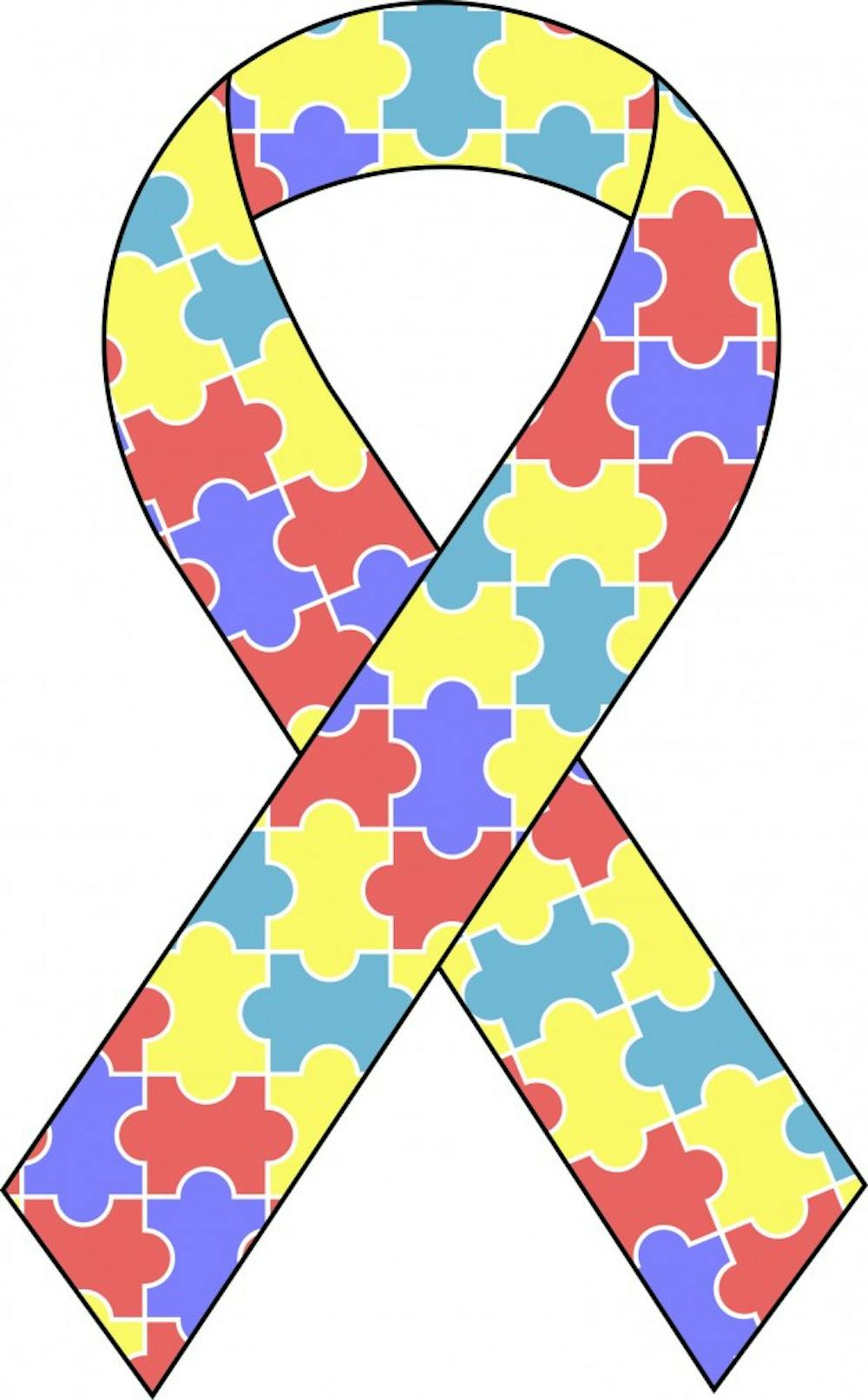THE FACTS
• Autism affects one in 88 children and one in 54 boys.
• Autism is the fastest-growing serious developmental disability in the U.S.
• Autism costs a family $60,000 a year on average.
• Autism receives less than 5 percent of the research funding of many less prevalent childhood diseases.
• Boys are nearly five times more likely than girls to have autism.
• There is no medical detection or cure for autism.
Source: Autism Speaks
autismspeaks.org
LEARN MORE
_To learn more about “Facing Autism,” go to facingproject.com. To learn more about the Tylers’ story, Dennis L. Tyler can be contacted at dltyler1980@gmail.com or on Twitter @dennisltyler. _
The color blue and Batman fascinate 7-year-old Luke Tyler. He loves ocean animals, particularly the anglerfish seen on “Finding Nemo.” He has his mother’s dark brown eyes and skin like a porcelain doll. He doesn’t understand his “space,” but he is quick to apologize to anyone he accidentally bumps into.
He also has autism.
“Looking at him, you can’t tell,” his father said.
According to the U.S. Centers for Disease Control and Prevention, one in 88 children is diagnosed with autism spectrum disorder.
Luke is one of 17 people featured in ‘Facing Autism in Muncie,’ a book Kelsey Timmerman compiled. Timmerman spoke to Ball State students in 2012 about his book “Where Am I Wearing?” — the freshman common reader.
SIGNS OF AUTISM
When Luke was more than 2 years old and still not talking, his grandfather — Muncie’s mayor Dennis Tyler — expressed concern for the boy’s development,
His parents, Dennis L. and Becca, agreed to test his speech. In less than 10 minutes, the doctor diagnosed him and said he would probably never speak and had a high chance of having an intellectual disability.
“I wanted to jump across the table and strangle him,” Dennis L. said.
Autism is a brain developmental disorder, typically characterized by “difficulties in social interaction, verbal and nonverbal communication and repetitive behaviors,” according to Autism Speaks.
Autism is broad. It ranges from high functioning to low functioning and countless levels in between. Luke is now considered high functioning.
His father said there isn’t a difference between his son and other children.
“They don’t look any different,” Dennis L. said. “Big crowds might bother them. They could be socially awkward, but so am I.”
The boy began therapy immediately after his diagnosis, but his parents were still overwhelmed and frustrated.
“We didn’t know where to turn,” his father said. “We knew nothing about autism.”
COLLECTING STORIES
Timmerman, co-founder of the Facing Project, said he felt alone when his son was diagnosed with autism. The doctors pointed him and his wife, Annie, to Riley Hospital for Children in Indianapolis, but provided no resources in the Muncie community.
“Wouldn’t it have been great if the doctor could’ve handed us a book?” he said. “A book full of resources and 17 firsthand stories of people facing autism every day.”
The Facing Project began in Muncie in 2011. The first project was “Facing Poverty,” with a goal to connect people through their stories and to build up the community.
Twenty-one writers compiled the stories of people directly facing poverty in Muncie.
The project has expanded to two other cities in Indiana and two cities in Georgia, each facing their own topic. In 2012, Timmerman and co-founder J.R. Jamison began brainstorming a new topic to face in Muncie.
While Timmerman spoke to Ball State students about his freshman common reader, his wife took their 15-month-old son, Griffin, to a doctor’s appointment. That day, his pediatrician expressed concern that he may be on the autism spectrum.
“That’s when I knew it was the right project to take on,” Timmerman said.
The Tylers are among the 17 stories compiled in “Facing Autism in Muncie.” While the storytellers were originally supposed to be anonymous, parents insisted their contact information be included. Timmerman said the parents wanted to be resources to other families, so they did not have to feel isolated.
The book includes 14 regional and national resources, including Interlock, an organization in East Central Indiana that educates families and schools about accommodations for children with autism spectrum disorders.
There is no cure for autism, but each family chooses different methods of therapy.
“Everyone has their theories, and we have ours,” Dennis L. said.
His wife focuses on her son’s diet because it was one of few things she said she could control. She keeps a journal, recording progress reflected by modifications to his diet. Although the special diet is expensive, Dennis L. said she thinks it has enhanced his learning ability.
Dennis L. is in the process of delivering copies of “Facing Autism in Muncie” to every elementary school in Muncie. He said he hopes to continue to spread awareness throughout the community.
EDUCATING ON AUTISM
Timmerman said the project was community-wide. Interlock provided the funds to print the books. Teachers, special educators and reporters collaborated with families to write their stories. Ball State educators and students collaborated with the Muncie Civic Theatre and the Prism Project to create a live theatre performance of the book in early November.
Todd Sandman, Muncie Civic Theatre executive director, said more than 320 people attended the show Nov. 2. Timmerman said Interlock gave away 800 “Facing Autism” books to the community for free to spread awareness.
“The reality is autism is continuing to grow,” Sandman said. “So the knowledge of it has to grow.”





